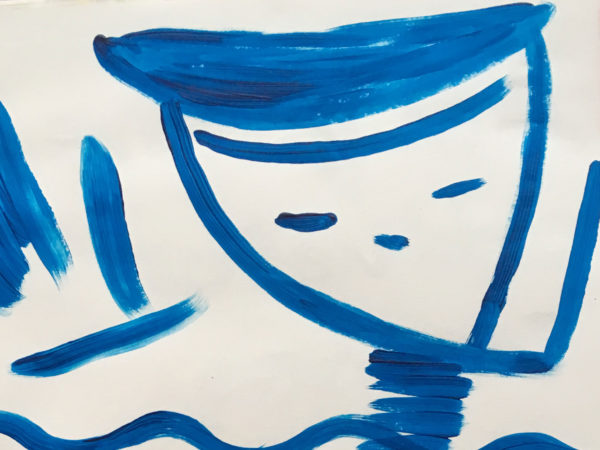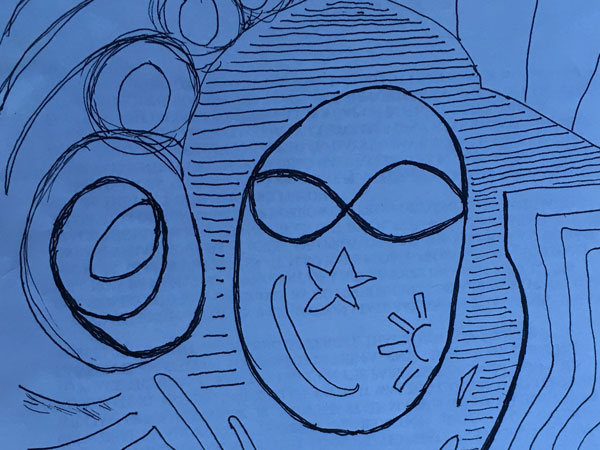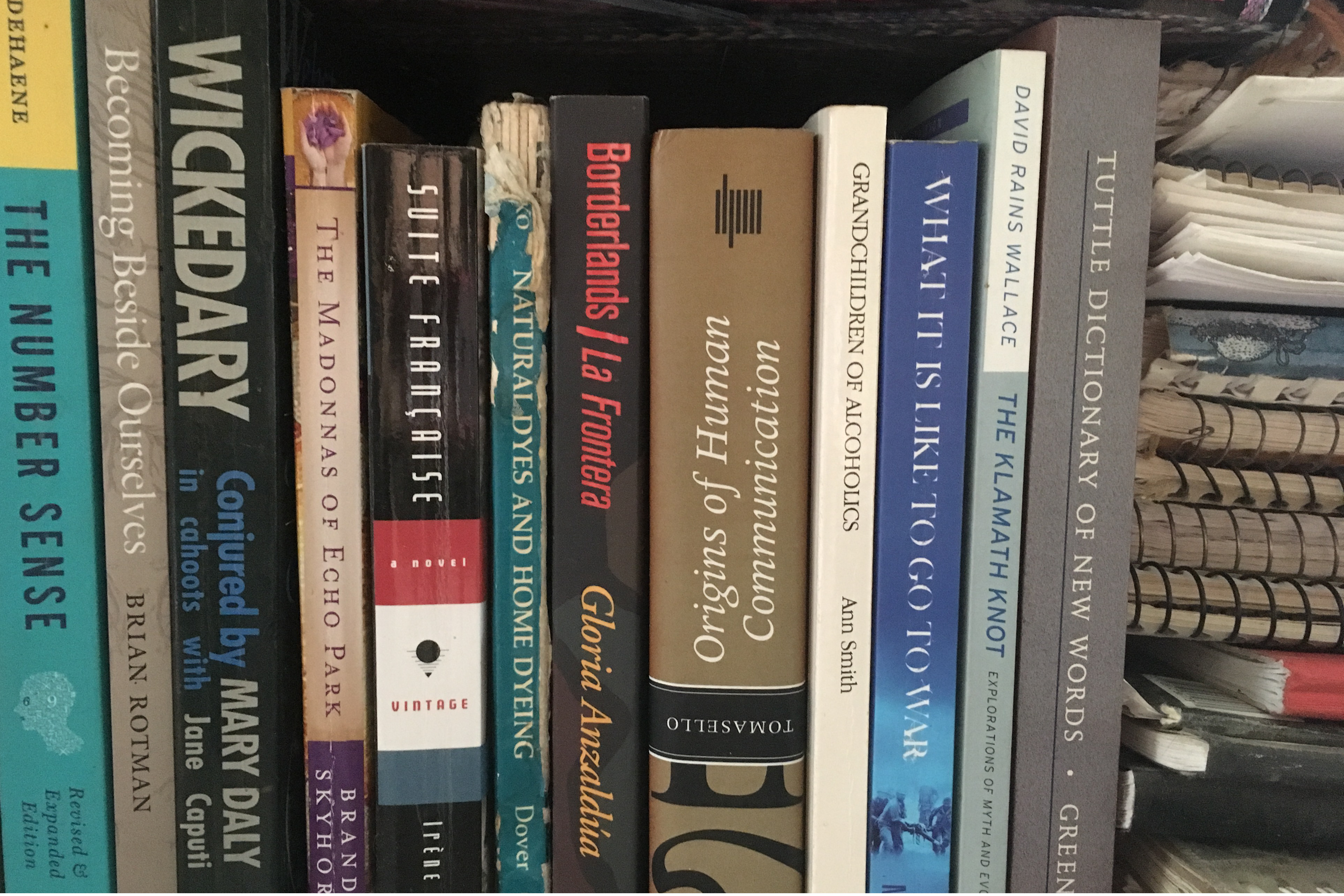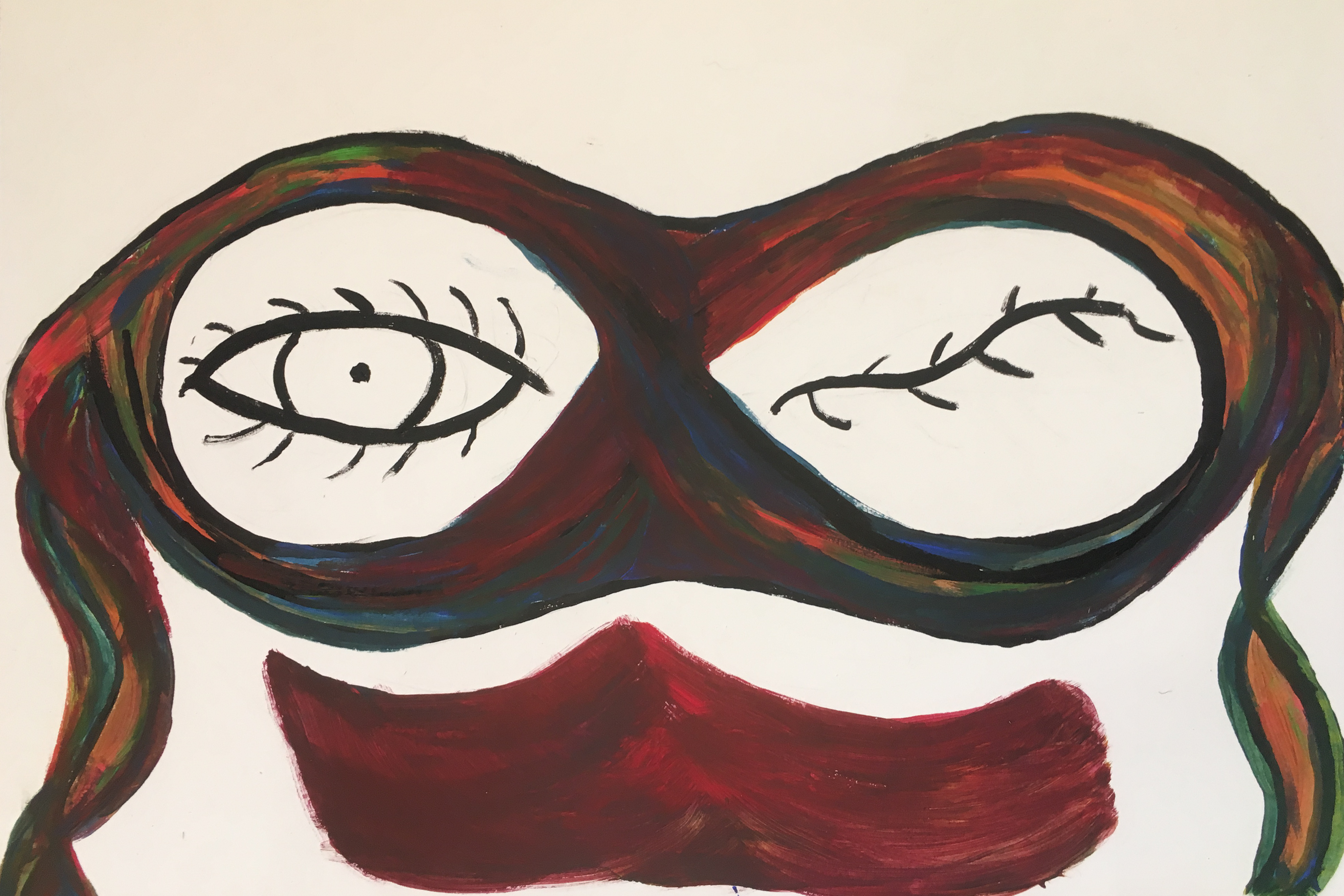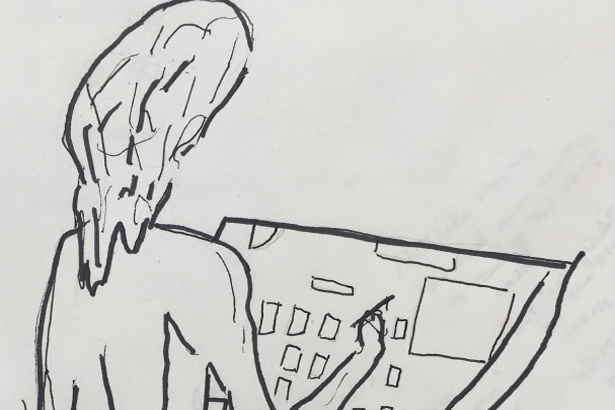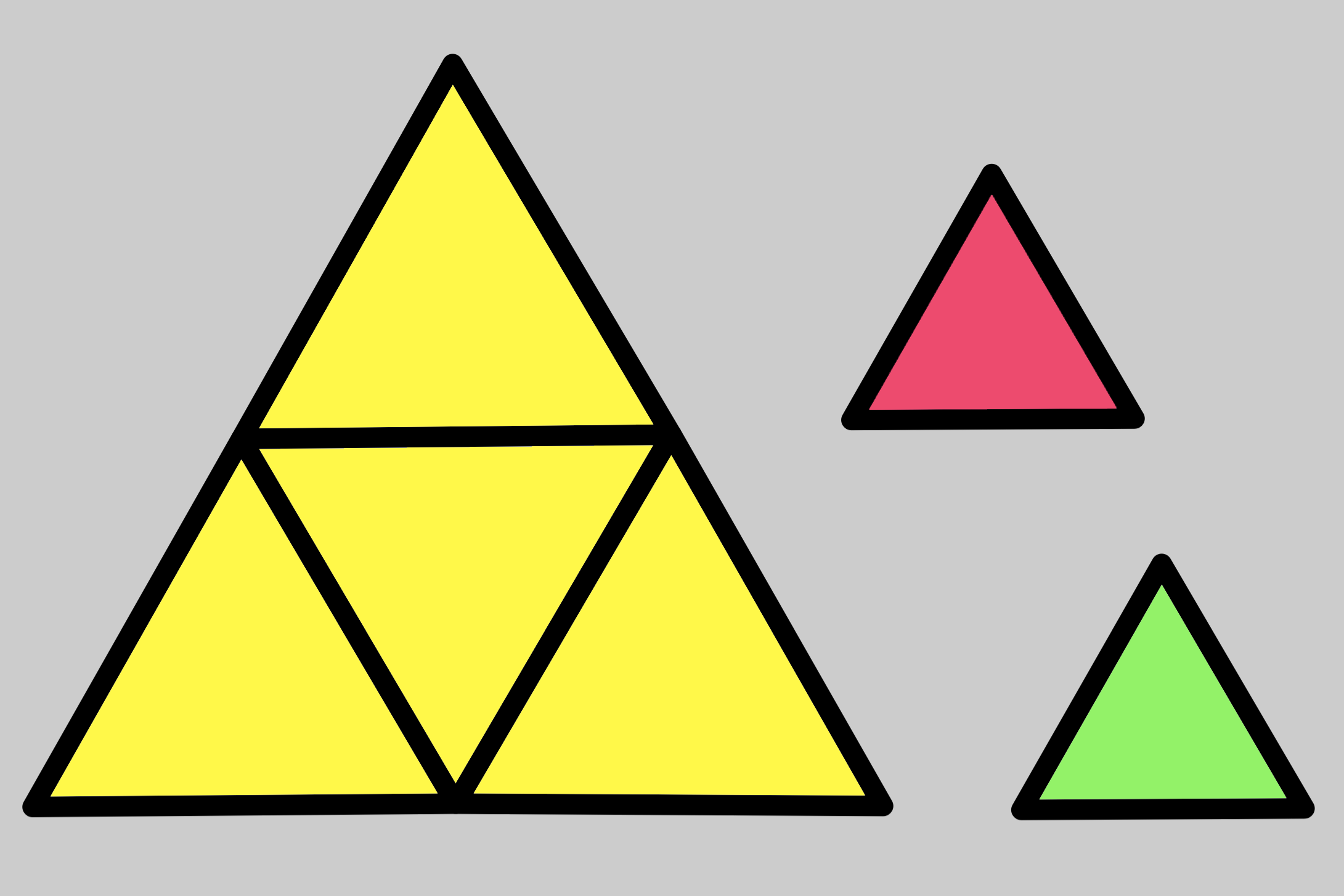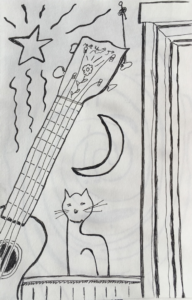 Years ago when I was teaching reading and writing to elementary school children, I often incorporated songs into our lessons. It was fun and helped many of the children a lot. Most small children haven’t internalized ideas like “can’t carry a tune in a bucket,” so singing comes easily to them. Some children learn melodies more readily than sentences.
Years ago when I was teaching reading and writing to elementary school children, I often incorporated songs into our lessons. It was fun and helped many of the children a lot. Most small children haven’t internalized ideas like “can’t carry a tune in a bucket,” so singing comes easily to them. Some children learn melodies more readily than sentences.
I found that children could usually master a song more quickly and remember it better when it was associated with some kind of simple dance. When I thought I could make the learning simpler by asking them to sing without moving, or to do the movements without the words, they found this harder. It was as if they had to strain to keep themselves from doing both. They would mumble-sing as they moved. When they tried to stand still and recite the words, many would make little involuntary movements that mimicked the dance.
This taught me something about learning, memory, language, music and the body. I’m not sure exactly what, only that they are all interconnected somehow.
I was always thumbing through children’s songbooks looking for new material, often at the last minute. I learned that the “last minute” was best when made of two segments, one in the morning and one the night before.
If you are going to encumber yourself with a guitar and sing in front of a group of young children, a large portion of your consciousness must be available to scan the room and pick up clues about the students, their awareness and their welfare. You have to be ready to signal with your eyes and head that you want someone to adjust their behavior. Only a small fraction of your concentration will be available to keep you from faltering on the melody, the lyrics or the chords.
No matter how much time I would spend, if I tried to learn a 6-line ditty early in the morning before school, chances are I’d flub it up when I went live in the classroom a couple of hours later. If I spent ten minutes the night before, even if I only half-learned it, and ten more minutes in the morning, the new song would practically play and sing itself.
Why?
What is it about sleeping between two brief practice sessions that made the learning so efficient? Why was it so easy to internalize the coordination of the guitar playing, the song lyrics and the melody when a little sleep was inserted into the learning process?
I don’t know exactly, but I’m sure that, once again, it has something to do with the interconnections between learning, memory, language, music and the body. Apparently the connections are so complex that they take a while to build. Apparently our nervous system builds them best when we aren’t paying attention.
When someone learns that the person they just met is a teacher, they are likely to ask, “What do you teach?” It’s also likely that, due to their experience, the teacher is quite knowledgeable about their area of expertise.
What makes a teacher different from an ordinary expert? Teachers also study learning. What is learning? Ask a teacher. They will flash on thousands of experiences with students and wonder which one of a thousand different responses might help you understand.
